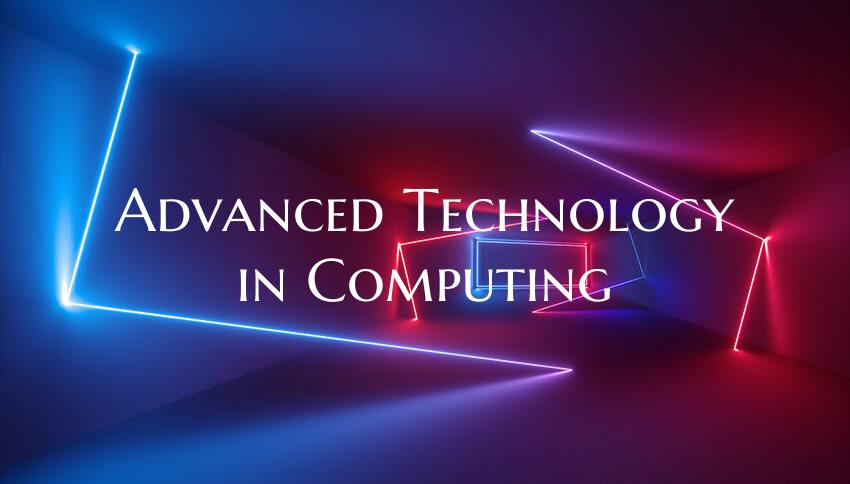Advanced Technology in Computing
In today's fast-paced digital age, the realm of computing is witnessing groundbreaking advancements that are transforming the way we work, communicate, and live. From artificial intelligence to quantum computing, the landscape of advanced technology in computing is constantly evolving, pushing the boundaries of what was once thought possible. Let's delve into some of the most exciting developments at the forefront of this technological revolution.
Artificial Intelligence (AI) lies at the heart of the latest computing innovations, enabling machines to mimic human cognitive functions such as learning, problem-solving, and decision-making. Machine learning algorithms, a subset of AI, analyze vast amounts of data to recognize patterns and make predictions, revolutionizing industries like healthcare, finance, and transportation. AI-powered virtual assistants like Siri and Alexa are becoming increasingly sophisticated, understanding natural language and carrying out tasks with remarkable accuracy.
Quantum computing represents a paradigm shift in traditional computing methods, leveraging the principles of quantum mechanics to process information in ways that are exponentially faster than classical computers. Quantum bits, or qubits, can exist in multiple states simultaneously, enabling quantum computers to solve complex problems that would be impossible for classical computers. While still in the experimental stage, quantum computing holds the potential to revolutionize fields such as cryptography, materials science, and optimization.
The Internet of Things (IoT) is another key driver of advanced computing technology, connecting everyday devices to the internet and enabling them to communicate and share data. From smart homes and wearable devices to industrial sensors and autonomous vehicles, IoT systems are generating vast amounts of real-time data that require powerful computing resources to process and analyze. Edge computing, a decentralized computing infrastructure, brings computational capabilities closer to the data source, reducing latency and improving efficiency in IoT networks.
Blockchain technology is revolutionizing data management and security by providing a decentralized and tamper-proof ledger for recording transactions. Originally developed for cryptocurrencies like Bitcoin, blockchain has found applications in diverse fields such as supply chain management, healthcare, and voting systems. Smart contracts, self-executing agreements stored on the blockchain, are streamlining processes and enhancing transparency in various industries.
As we stand on the brink of a new era in computing, the possibilities afforded by advanced technologies are both exciting and boundless. From AI and quantum computing to IoT and blockchain, these innovations are reshaping the way we interact with technology and opening up new opportunities for progress and innovation. Embracing these advancements will be crucial in navigating the complexities of our digital future and unlocking the full potential of advanced technology in computing.

